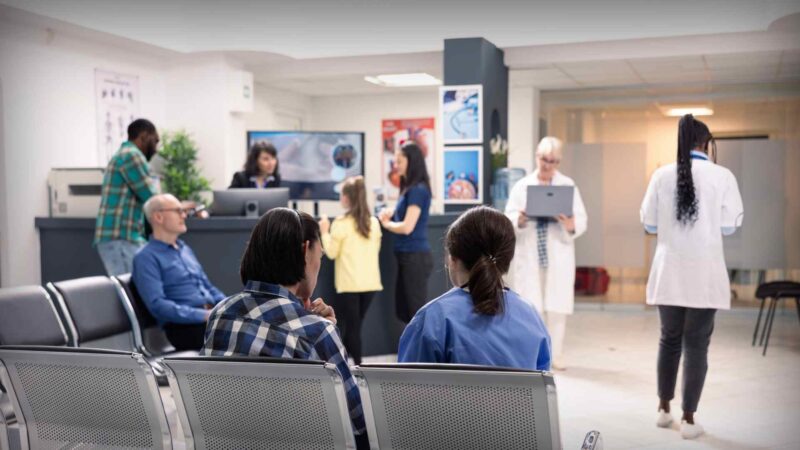SUPPORTIVE CARE FOR PEOPLE LIVING WITH OR BEYOND CANCER TREATMENT
Dr Hannah Wardill, Hospital Research Foundation Fellow, University of Adelaide & Head of Supportive Oncology Group (Precision Cancer Medicine)
SAHMRI (South Australian Health and Medical Research Institute)
RESEARCHER PROFILE
Filmed in Adelaide, South Australia | January 2025
Dr Hannah Wardill is a Hospital Research Foundation Fellow and lead of the Supportive Oncology Research Group (SORG), in the School of Biomedicine, University of Adelaide and Precision Cancer Medicine Theme, South Australian Health and Medical Research Institute (SAHMRI). She is an Executive Board Member of the Multinational Association for Supportive Care in Cancer / International Society for Oral Oncology (MASCC/ISOO) and Chair of both MASCC/ISOO Patient Partnership Committee & the Palliative Care Clinical Studies Collaborative (PaCCSC) Cancer Symptom Trials (Gut Dysfunction Node; supported by Cancer Australia).
While her research started in understanding how chemotherapy damages gut health, Dr Wardill’s research program has now expanded to include a range of symptoms and side effects including neuropathy, cognitive impairment, infection and malnutrition.
A fierce advocate for supportive cancer care, Dr Wardill is working to improve the visibility of this research area and remind people that optimal cancer control can (and should) involve high quality, evidence-based supportive care to ensure people living with or beyond cancer can live happy and fulfilling lives.
You Might also like
-
CASE STUDY: Transforming surgical waitlist into a ‘preparation list’
The DIAMONDS initiative aims to transform the surgical waitlist into a “preparation list,” enabling healthcare professionals to optimise patient care in the months leading up to elective surgery starting at pre-admission phase.
Patients are will be able to complete pre-admission forms online, receive timely updates, and access educational resources to ensure thorough preparation. This will allow staff to spend more time with patients.
-
Clinical pathways for acute care in Tasmanian Emergency Departments
Assoc Prof Viet Tran has built Emergency Medicine Research in Tasmania from the ground up, which has culminated in the success of a AUD$3 million Australian Government Medical Research Futures Fund grant looking into the Implementation of Clinical Pathways for Acute Care in Tasmania project. Dr Tran is also the Emergency Medicine Discipline lead within the Tasmanian School of Medicine and has key roles to play within Emergency Medicine training. He feels privileged to be able to teach and mentor across the whole spectrum of becoming a doctor, from watching students grow into junior doctors, senior registrar and as fellow medical specialists.
-
Mental health research on first responders in regional, rural and remote Australia
Dr Rikki Jones has been awarded to date a total of over $430,000 in research funding. She is currently leading four large national research teams focusing on rural health and sustainable rural health workforce (include mental health of first responders, sexual violence in rural Australia, virtual simulated nursing placements, and nursing students experience with online learning, connection and transitioning to practice).

 https://orcid.org/0000-0002-6613-3661
https://orcid.org/0000-0002-6613-3661


